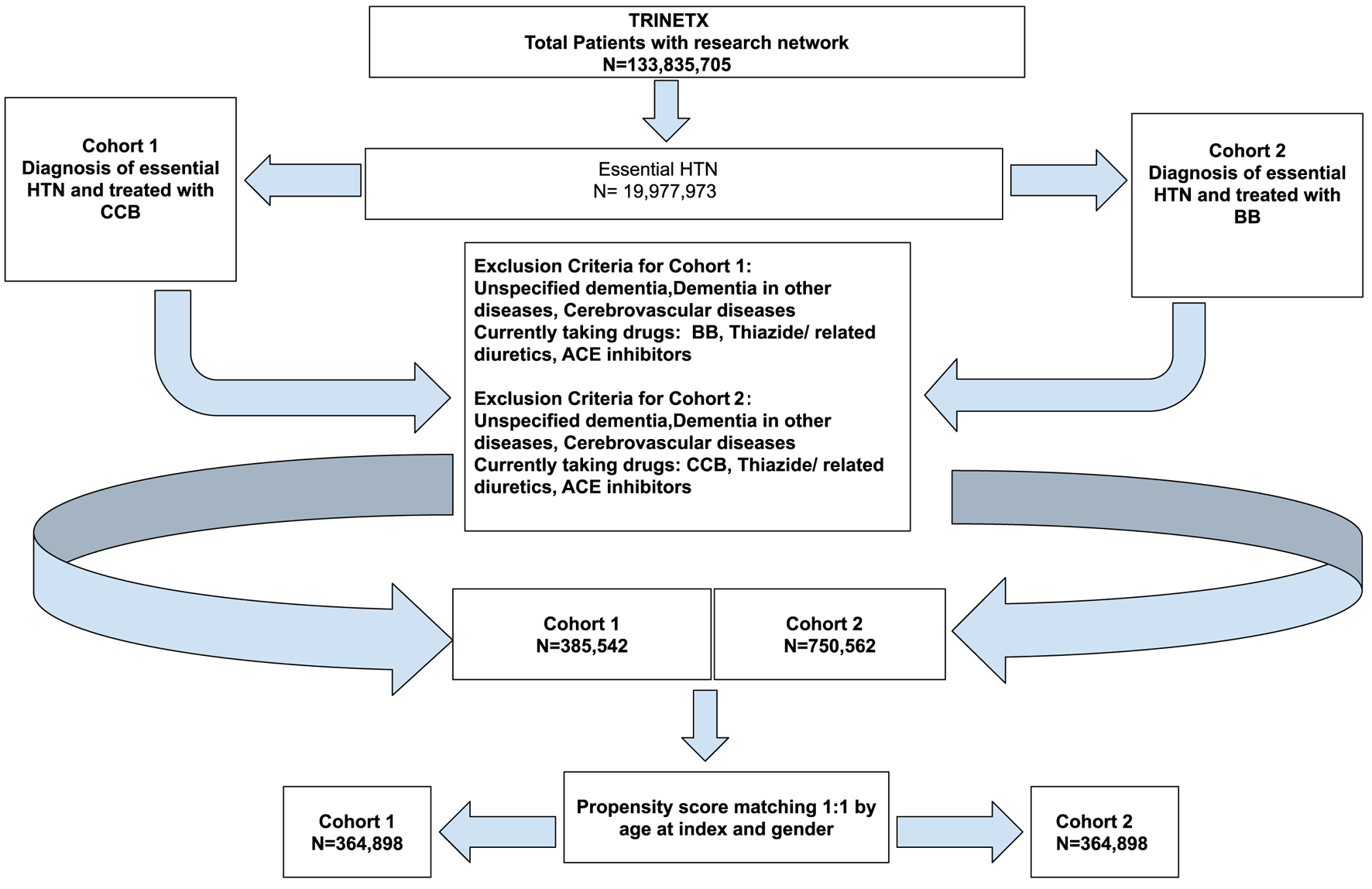Oral Gonadotropin-Releasing Hormone Antagonists in the Treatment of Endometriosis: Advances in Research
DOI:
https://doi.org/10.14740/jocmr6236Keywords:
Endometriosis, Pharmacological treatment, Non-peptide GnRH receptor antagonists, Add-back therapyAbstract
Non-peptide gonadotropin-releasing hormone (GnRH) receptor antagonists exhibit remarkable potency and specificity in inhibiting GnRH receptor activity. The orally administered versions of these drugs, notably elagolix and relugolix, have obtained official clearance in various countries for treating moderate-to-severe endometriosis-related pain. Concurrently, linzagolix and opigolix (ASP1707) continue to advance through late-stage clinical trials. The primary objective of this review is to comprehensively evaluate the clinical efficacy and safety profile of oral GnRH antagonists, specifically elagolix, relugolix, linzagolix, and opigolix, for the management of endometriosis-associated pain. Specifically, this study summarizes and analyzes their effectiveness in alleviating dysmenorrhea and non-menstrual pelvic pain, evaluates the dose-dependent impacts on bone mineral density and adverse effects such as hot flushes, and explores the role of add-back therapy in improving treatment safety and patient adherence. Research has demonstrated that oral GnRH antagonists effectively alleviate endometriosis-related pain while enhancing patients’ quality of life. Furthermore, when combined with add-back therapy, these medications enhance treatment safety and contribute to greater patient compliance. Compared to alternative hormonal treatments, oral GnRH antagonists emerge as a particularly promising approach for managing endometriosis.

Published
Issue
Section
License
Copyright (c) 2025 The authors

This work is licensed under a Creative Commons Attribution-NonCommercial 4.0 International License.








